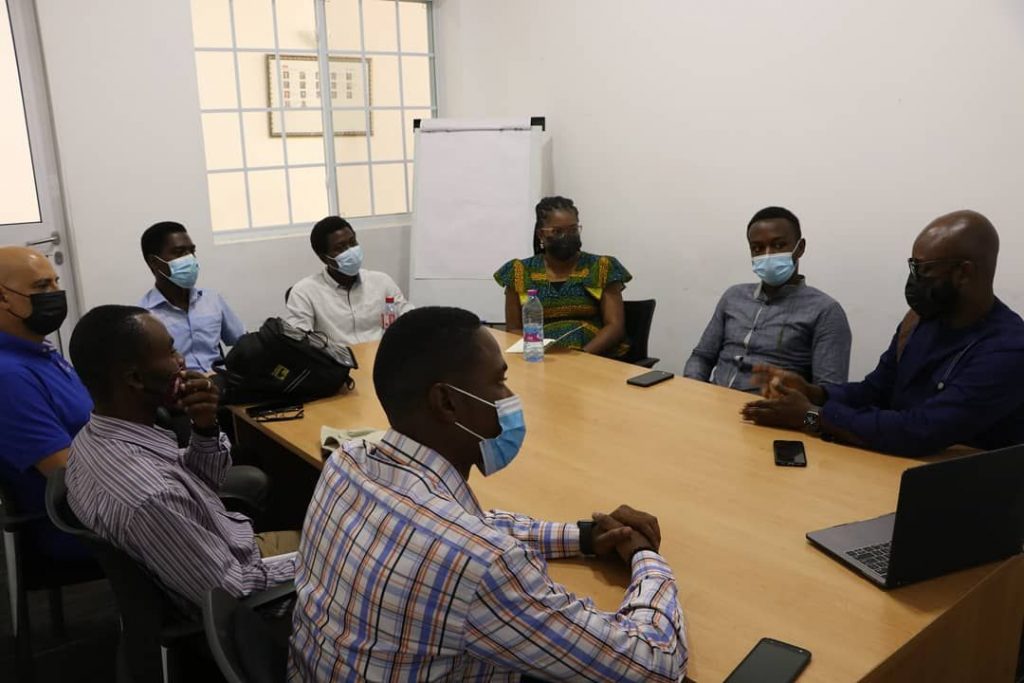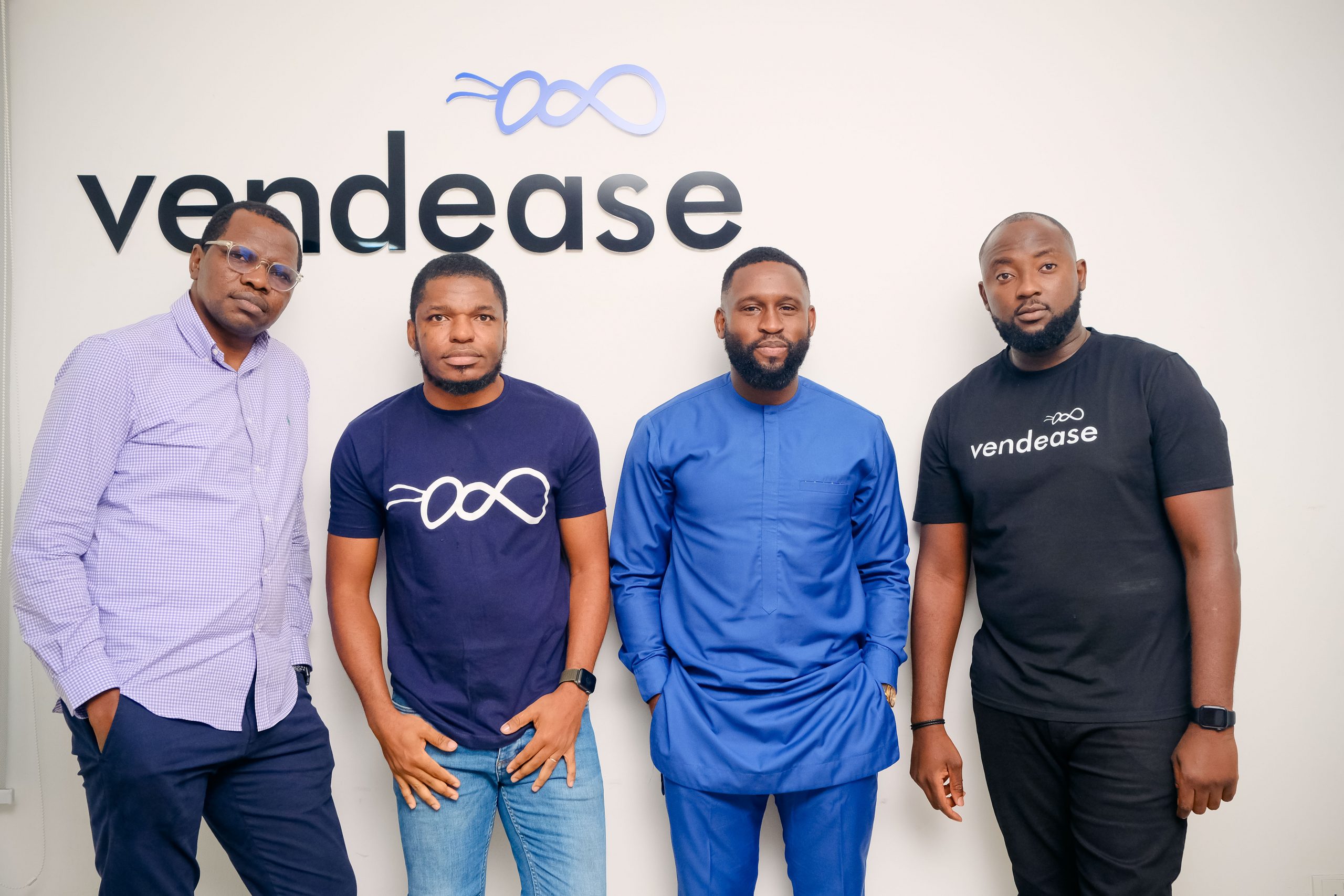Design Thinking Ghana Hub, with support from the China Europe International Business School in Accra, has organised the fourth Design Thinking Ghana Conference on the theme Exploring the Hybrid Format for Design Thinking (Online and Offline Simultaneously).
The unexpected circumstances surrounding the COVID’19 disruption have suddenly and completely changed how we operate in all areas; prompting and forcing us to adopt alternatives to our daily activities. Online as a modality of daily engagement has been thrust upon all and can no longer be considered an emerging reality. The current reality presents us with simultaneously engaging both online and offline as an integral part of our daily living. This means successfully engaging the strategies that are presented with this new era daily.

In light of this, the event sought to successfully simulate the hybrid format of online and offline simultaneously, demonstrating in real-time how organisations and individuals can explore the format within their context. Opening the conference were co-chairs and Design Thinking Facilitators, Emelia Ainooson and Kofi Gyamfi who offered a simulated Zoom experience to ensure that online participants were fully engaged.
Delivering the opening keynote, Mr Femi Adewumi, Director of the Training Programme at MEST Africa spoke about designing the right program for hybrid workshops. He shared how as an organisation working with over 60 entrepreneurs, the shift to conducting training and workshops virtually due to the pandemic was not an easy one. Having to reevaluate and consider virtual classes, hybrid capstones, and new digital tools while navigating internet quality challenges, difficulties in gauging the attention of participants, as well as other technical challenges was a catalyst for tremendous growth and the realisation of new opportunities for learning and capacity development.

He noted that the reason why many organisations struggled with the hybrid format was that it was most likely thrust upon them due to COVID-19 rather than an organic transition. Moving forward, Femi highlighted some tools and tricks he’d used within his organisation to master the hybrid format including encouraging participants to turn their videos on, cold calling, incorporating collaborative and communication tools such as Slack and Mural. He also emphasized establishing virtual conferencing protocol and organising technical dry-runs to ensure a smooth hybrid experience.
Despite being a two-hour conference, participants still engaged in breakout sessions on various related themes, both virtually and in person. The reflections from the breakout rooms revealed a few insights, from the benefits of having accountability partners to encourage people to be present and active during hybrid workshops to marketing using the Design Thinking approach and the value of innovation and creativity in organising a successful hybrid workshop.
Overall, it became clear that the focal point of concern for hybrid workshops was event structure, technology, and event realization with a participant size of about 50 or more. While it is relatively easy to conduct a hybrid session for a small group through a laptop or computer, larger numbers require more than a one laptop camera solution without needing professional grade production.

As an organisation, Design Thinking Ghana has successfully organised over six hybrid workshops this year and drew on those experiences, including this year’s conference to highlight the fact there are tools and technology available that support the hybrid format. ‘With the right program design, there are a plethora of options to play with this new modality’ added Mr Femi.
Giving the closing keynote, Mr Kojo Dougan, a veteran IT Consultant, CEO of Pantech and former partner at Interpay spoke on evaluating the success of a hybrid event. He reiterated the need for workshop organizers to be fluid in their design, focusing implementation on purpose and using that as a benchmark for measuring success. He also highlighted the need to incorporate convenience in planning and evaluation and to be curious enough to explore the boundaries of engagement for hybrid workshops.
In his final remarks, Dr Gordon Adomdza, co-founder of Design Thinking Ghana Hub, noted that for him, the future of collaborative workshops is hybrid and would rely on the ability of organizers to beam video and audio to online participants as well as their ability to bring online participants right down to participants on break out tables. He noted that this is what the DTGC 2021 conference tried to simulate with hybrid plenary and breakout rooms with participants online and offline simultaneously. He thanked the audience for their feedback and insights that can help the organization develop future-focused workshop solutions for clients and also implored all participants to continue to explore ways of achieving seamless hybrid participation in their events.
The Design Thinking Ghana Conference is the maiden of its kind in Ghana and West Africa and one of the only conferences globally to focus on Design Thinking with participants from 13+ countries. Over the years, the conference has impacted a wealth of knowledge and positively affected the problem-solving skills of its audience in the advent of new media and technology, emergencies, and times of adversity through mini-workshops, educational activities, design charrettes, and networking activities.










